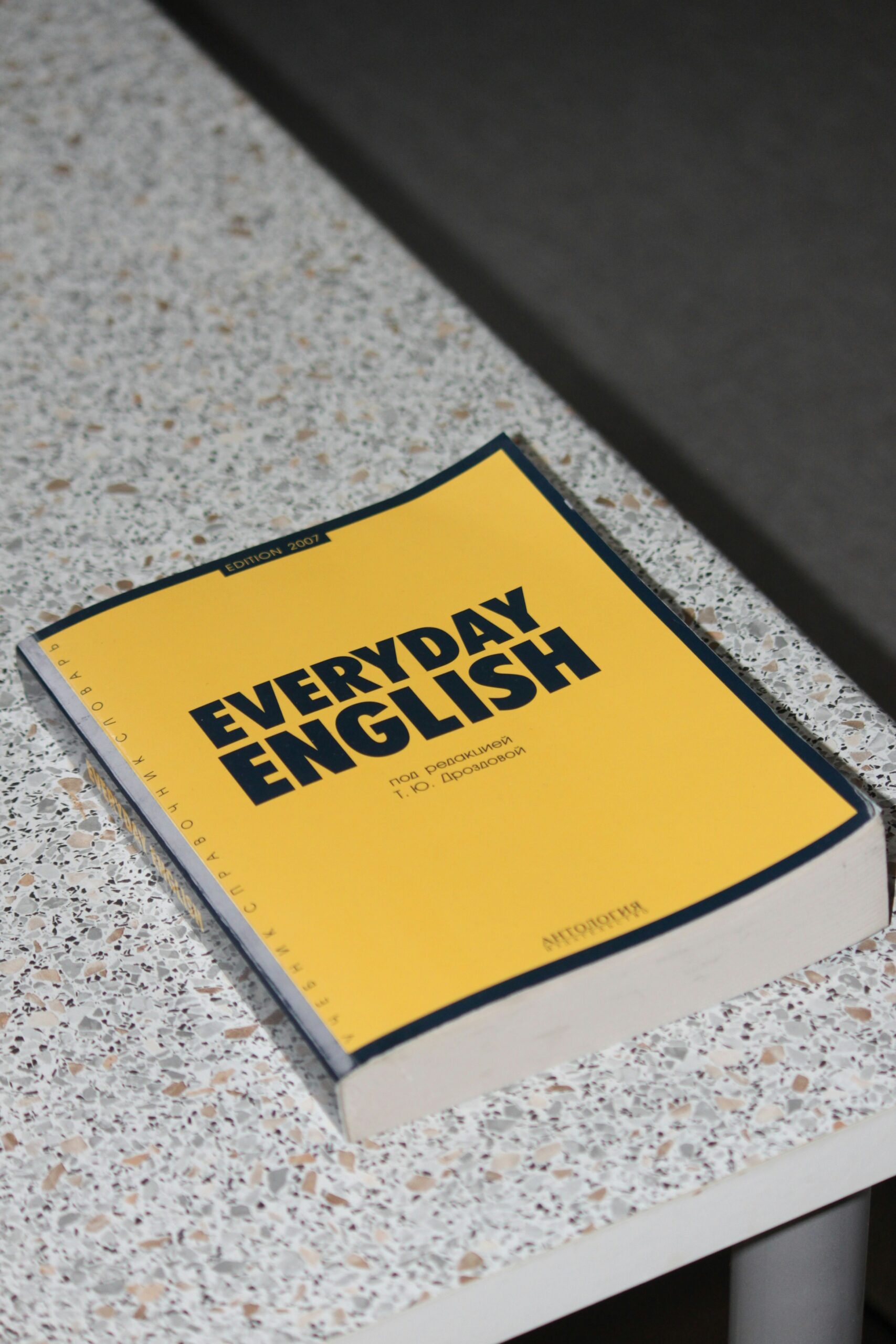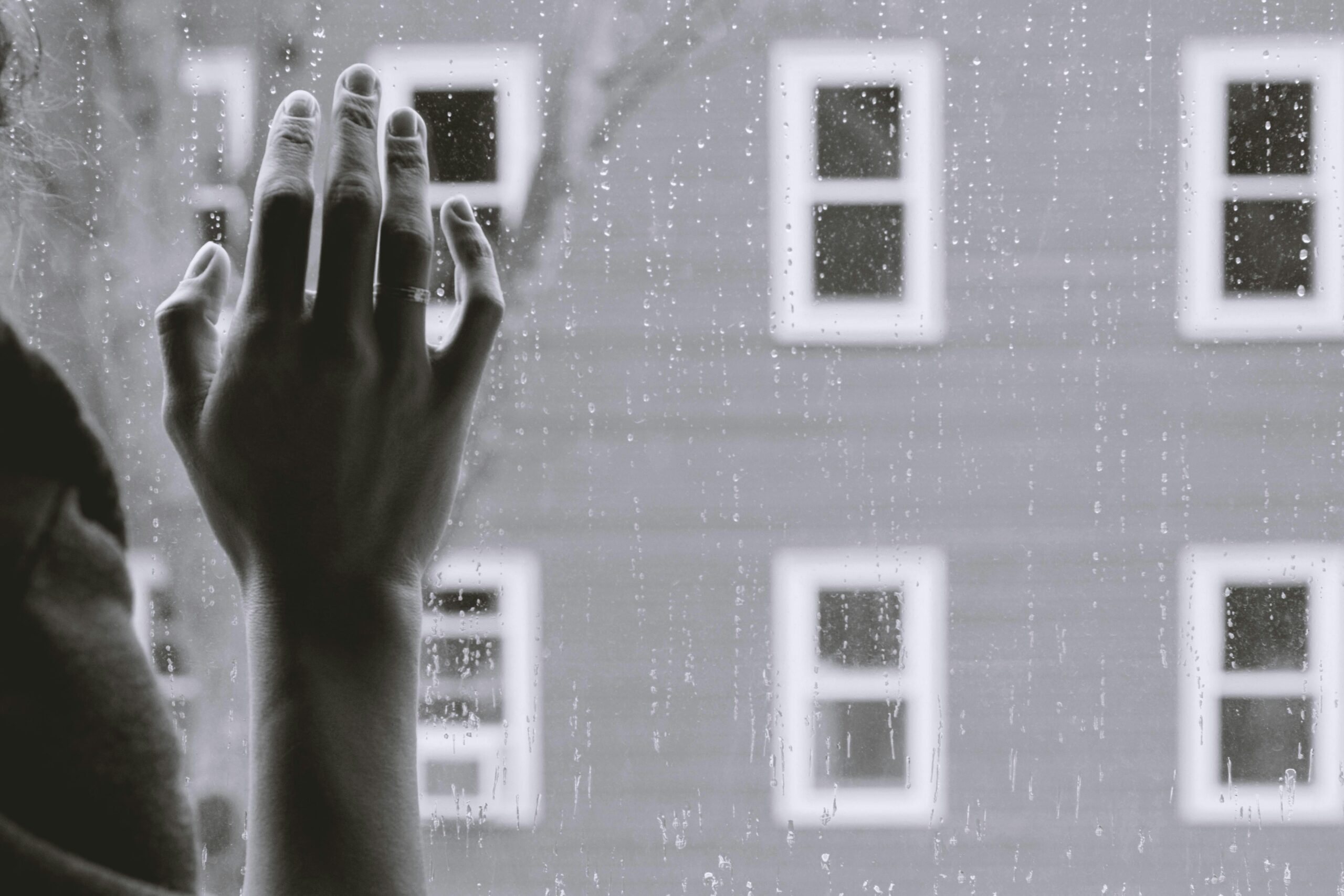
After reading my two-parter about why it can be so hard to talk about depression, a friend sent me this article: 18 Words for Sadness & Depression That Don’t Exist in English. It is exactly what it sounds like. Some of the words are helpful. For instance, the Pitjantjatjara (aboriginal Australian) word “Watjilpa” apparently describes a feeling of being disconnected from family and social units. That’s definitely useful for depressed people. Other words did nothing for me. “Dépite” is a French word that they say means, “the feeling of itching irritation or fury (on a small scale) that happens when you’re disappointed by something.” Maybe it works for someone else, but I’ve never felt anything like that when I’m depressed. During a depressive episode, the only thing I’m disappointed in is myself.
English’s lack of vocabulary is something I’ve thought a lot about. I often complain that we use the same word, “love”, to describe our feelings about sports teams, TV shows, our parents, our kids, and foods. How ridiculous is that? I wrote something a few years ago, during a bout of depression, about how there’s a certain kind of loneliness that we just don’t have a good word for in English. I also wrote a piece more recently about the lack of a gender-neutral way of saying my sibling’s kid or my cousin’s parent. As a writer, it comes up surprisingly often that there isn’t a good word for what I’m trying to express.
My friend suggested coming up with my own word if English doesn’t have what I’m looking for. I love that idea, but I’ve never been able to do it. Neologisms are a lot of responsibility. Shakespeare is the gold-standard. If I could come up with a word like “swagger” my life would be successful. I’m more likely to be like whoever the idiot was who came up with “chillax” though. I suppose I shouldn’t let that stop me. What’s the worst that can happen? My explanations won’t become any less clear, right?












